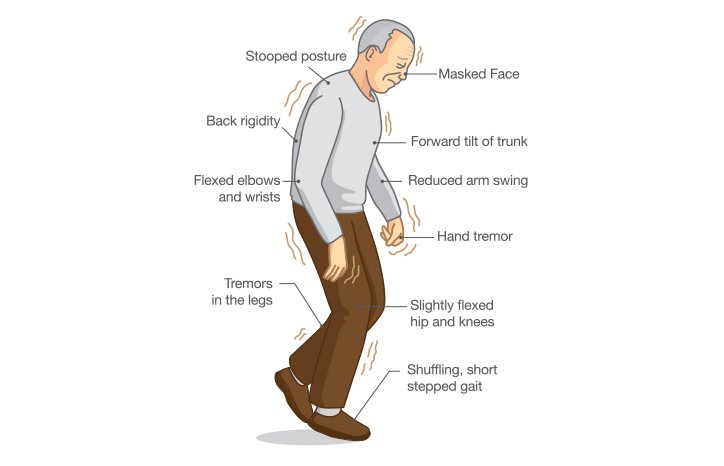Brain and ENT Clinic – Dr Lalit Mahajan In Nagpur & Dr Rachna Gangwani Mahajan In Nagpur
Movement Disorders in Betul

Movement Disorders in Betul refer to a group of neurological conditions that affect a person’s ability to control and coordinate body movements. These disorders can manifest as excessive or involuntary movements, slowness of movement, or difficulty initiating or stopping movements. Movement disorders can be caused by various factors, including genetic, environmental, or idiopathic (of unknown origin) factors. They often result from dysfunction in the brain’s motor control circuits.
Parkinson’s disease is a progressive neurological disorder characterize by tremors, bradykinesia (slowness of movement), rigidity, and postural instability. It is cause by the degeneration of dopamine-producing neurons in the brain.
Symptoms Movement Disorders
Tremors:
- Symptoms: Thus, Involuntary rhythmic shaking or trembling of a part of the body, such as hands, arms, legs, or the head.
- Treatment: Once, Medications, physical therapy, and in some cases, deep brain stimulation (DBS) may be use to manage tremors.
Bradykinesia (Slowness of Movement):
- Symptoms: Difficulty initiating and executing movements, resulting in a general slowness of physical activities.
- Treatment: Firstly, Medications, physical and occupational therapy.once, lifestyle modifications may be employe to address bradykinesia.
Dystonia:
- Symptoms: Involuntary muscle contractions leading to repetitive or twisting movements and abnormal postures.
- Treatment: Botulinum toxin injections, oral medications, and, in some cases, surgery (such as deep brain stimulation) may be recommend for managing dystonia.
Chorea:
- Symptoms: Irregular and involuntary movements that appear to flow from one muscle to the next.
- Treatment: Medications, including dopamine-depleting agents, may be use to manage chorea associate with conditions like Huntington’s disease.
How are movement disorders treat?
Medications:
- Dopamine Modulators: Thus, Medications that affect dopamine levels in the brain, such as levodopa, are commonly use to manage symptoms of Parkinson’s disease and other disorders with dopamine deficiency.
- Anticholinergics: For instance, These medications may be prescribe to control tremors, particularly in conditions like essential tremor.
- Benzodiazepines: Medications like clonazepam may be use to reduce muscle spasms and stiffness in conditions such as dystonia.
- Botulinum Toxin (Botox): Thus, Injecting botulinum toxin into specific muscles can help reduce muscle contractions and alleviate symptoms in conditions like dystonia or spasticity.
Physical Therapy:
- Once, Physical therapy and occupational therapy can play a crucial role in managing movement disorders. Therapists work with individuals to improve coordination, strength, balance, and mobility.
Speech Therapy:
- Speech therapy may be beneficial for individuals with movement disorders that affect speech and swallowing. Therapists can provide exercises and techniques to improve communication and reduce difficulties with swallowing.
Deep Brain Stimulation (DBS):
- DBS is a surgical procedure that involves the implantation of electrodes into specific areas of the brain. These electrodes are connected to a pacemaker-like device that delivers electrical impulses to modulate abnormal brain activity. DBS is commonly used in Parkinson’s disease, essential tremor, and dystonia.
Occupational Therapy:
- Occupational therapists focus on helping individuals perform daily activities, such as dressing, eating, and writing, despite movement challenges.
